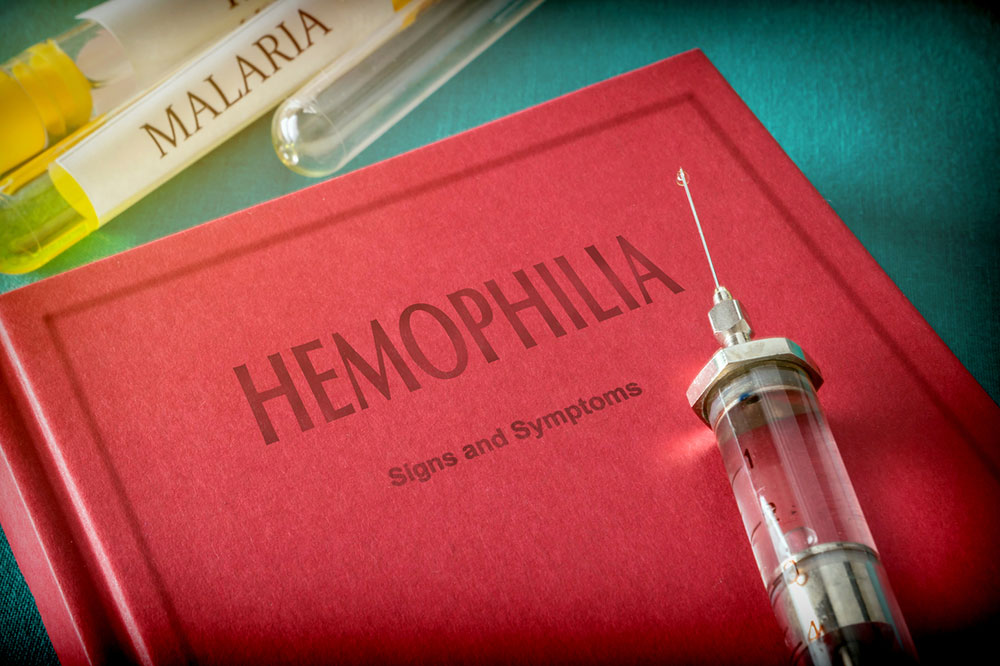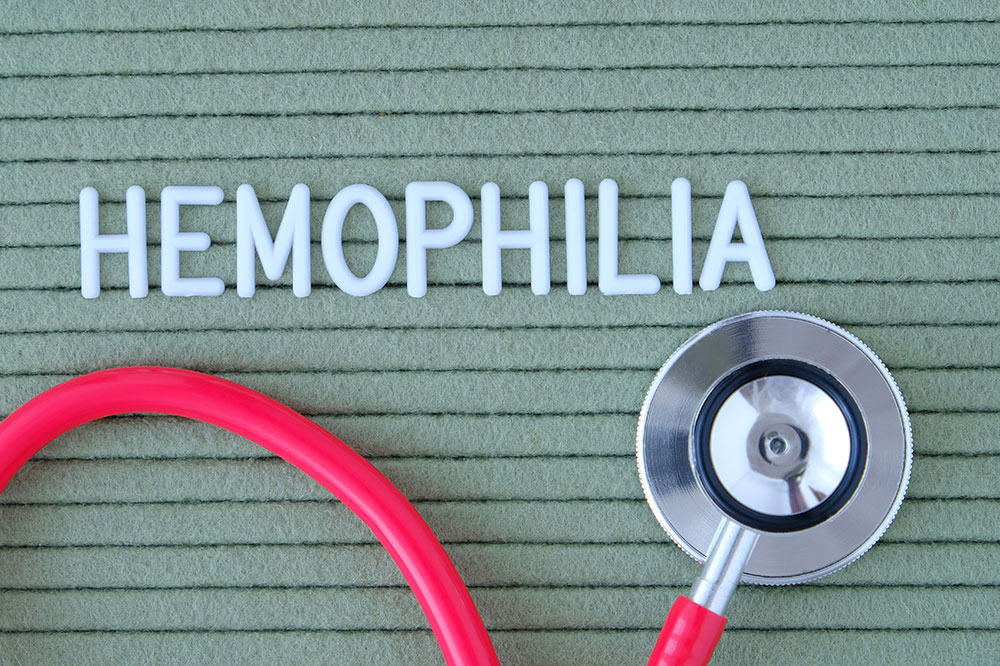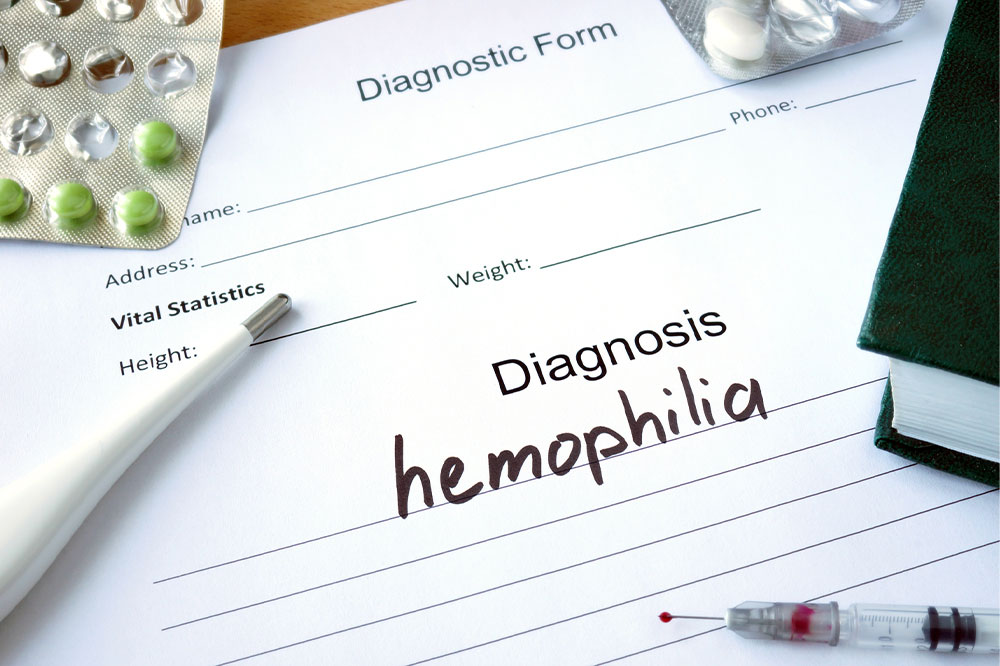Understanding Hemophilia Types: A, B, and Their Impact
Hemophilia is a hereditary blood disorder causing prolonged bleeding due to deficiencies in clotting proteins, notably factors VIII and IX. It primarily affects males and presents symptoms like easy bruising, uncontrolled bleeding, and internal hemorrhages. Early diagnosis and medical attention are crucial for managing this condition effectively. This article offers a comprehensive overview of Hemophilia A and B, emphasizing symptoms and the importance of professional healthcare guidance.

Understanding Hemophilia Types: A, B, and Their Impact
Hemophilia is a critical blood disorder that impairs the body’s ability to form clots, leading to prolonged bleeding episodes. When a person with hemophilia experiences a minor injury, bleeding can persist longer internally or externally, increasing health risks. These individuals are also more susceptible to extensive bruising.
This genetic condition is inherited or caused by mutations before birth. Although predominantly affecting males, females can carry the gene and sometimes exhibit symptoms.
Hemophilia A and B result from deficiencies in specific blood clotting proteins:
Hemophilia A involves insufficient factor VIII
Hemophilia B involves a lack of factor IX
Both forms are commonly diagnosed early in childhood. Hemophilia A affects approximately 1 in 10,000 males, while Hemophilia B is rarer at 1 in 50,000. Symptoms are similar and include:Easy Bruising
Large, persistent bruises that take longer to heal.
Uncontrolled Bleeding
Continuous bleeding from minor cuts or injuries, with possible re-initiation of bleeding after stopping.
Blood in Stool or Urine
Presence of blood in waste products, indicating internal bleeding.
Nosebleeds
Spontaneous or unexplained nosebleeds without apparent injury.
Internal Bleeding
Pain and swelling in muscles following minor trauma, a sign of internal bleeding needing urgent care.
Brain Hemorrhages
Minor head injuries may cause bleeding inside the brain, requiring immediate medical attention. Symptoms may include neck stiffness, headache, vomiting, weakness, and fatigue.
Note:
This article provides general information on symptoms and conditions related to hemophilia and should not substitute professional medical advice. Always consult healthcare professionals for diagnosis and treatment tailored to individual needs.










